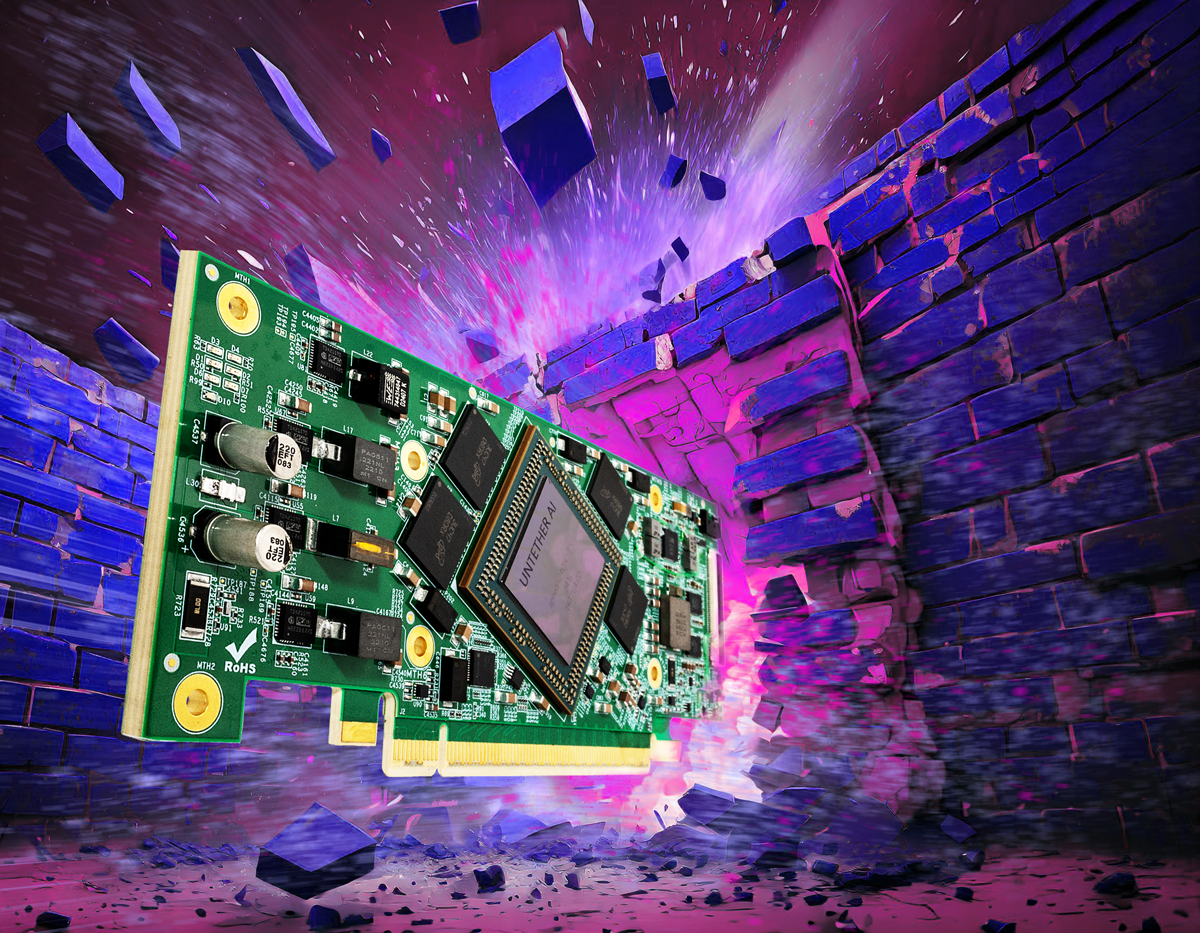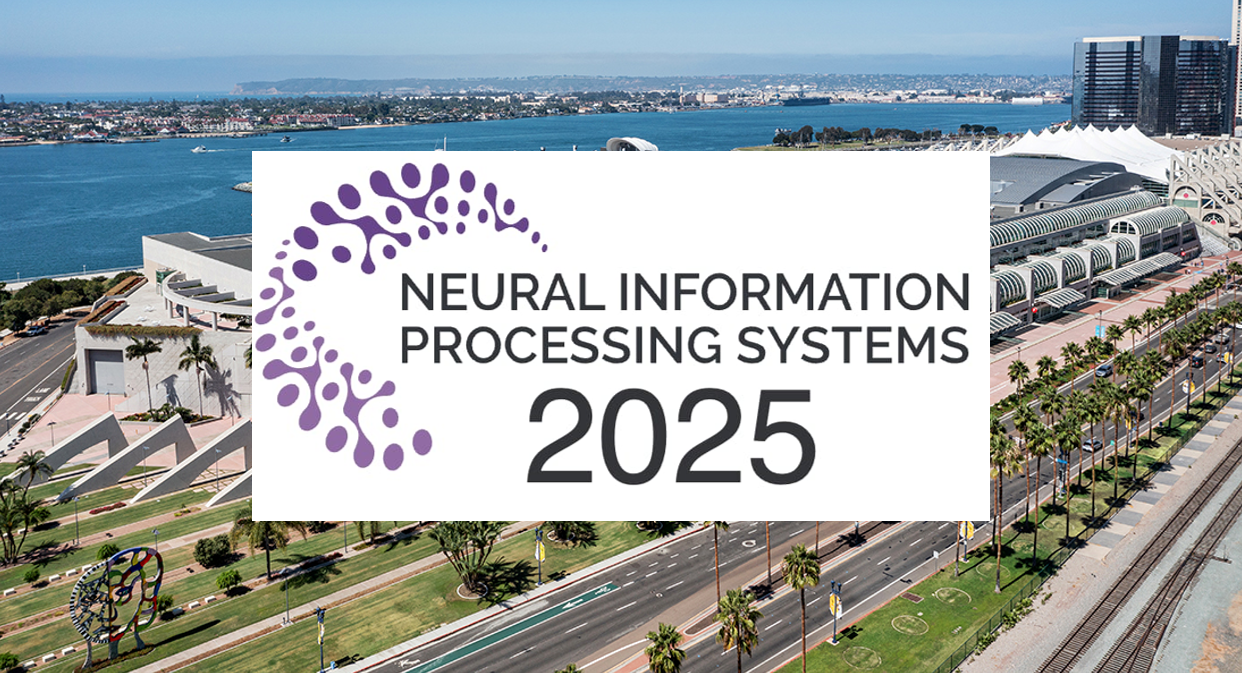Speed and energy efficiency remain the keys to unlocking AI’s potential in the real world. Once an AI model is trained, AI-powered systems rely on specially designed inference chips to deliver quick responses and seamless user experiences. From using vision systems for vehicle autonomy and edge decision making, to data centres, demand for real-time or near-real-time inference — the process of applying a trained AI model to new data — is exploding as AI innovations expand across every industry.
The vast potential of AI, however, is hamstrung by hardware that forces customers to choose between performance and power efficiency. Inference outputs for AI systems require energy, often limiting the amount of compute capability due to energy consumption or heat generation. And the faster the inference, the more energy required. Energy, of course, comes at a cost, making AI more expensive to deploy while also creating implications for our environment. Advances across both of these critical vectors hold the key to expanding AI adoption and unlocking AI’s potential at scale. Which is what makes the MLPerf benchmarks results released this week so exciting.
Radical Ventures portfolio company Untether AI, the leader in energy-centric AI inference hardware, set new industry records, showcasing our AI accelerator cards as the world’s highest performing and most energy-efficient AI inference hardware on the market. Key achievements include:
- 6X greater energy efficiency than competitors in the Edge Closed category
- 3X greater energy efficiency than competitors in the Datacenter Closed Power category
- 3X lower latency in Edge Closed category
- Highest single-card throughput in Datacenter and Edge categories for ResNet-50
- Fastest-ever recorded latency for MLPerf ResNet-50 submission
These results validate our At-Memory compute architecture’s ability to deliver unparalleled performance without compromising power efficiency. But these aren’t just numbers. They are a demonstration of solutions that will transform the potential of AI’s impact across industries. Thanks to our advances there are new standards for what’s possible in AI.
Read more here.
AI News This Week
-
Digital twins are making companies more efficient (The Economist)
Digital twins are increasing business efficiency, with AI propelling their development. Companies like Uber and Amazon are using these digital replicas to optimize everything from supply chains to real-time customer interactions. Large language models (LLMs), enhance the adaptability of digital twins, enabling continuous automation and process refinement. Radical Ventures portfolio company Unlearn AI is applying digital twins in healthcare by creating patient-specific twins for clinical trials. Waabi, a Radical portfolio company building autonomous trucking solutions, has created a high-fidelity, closed-loop simulator of the real world that virtually tests Waabi’s self-driving software while also teaching it in real time.
-
The future of the AI-enhanced classroom (Financial Times)
As AI begins to reshape education, its impact on the classroom is becoming increasingly evident. While some schools are experimenting with “teacherless” classrooms and AI-driven learning, the technology will not replace traditional educators. Research highlights the importance of social interaction in learning, underscoring that AI cannot replicate the judgment and motivation provided by teachers. However, AI is poised to support educators by automating tasks like lesson planning, grading, and providing personalized tutoring, freeing teachers to focus on student engagement.
-
Publish or profit: AI companies face commercial pressure to clam up (The Logic)
AI industrial lab leaders say they must balance sharing significant advancements against protecting innovations that are important to their business. Sara Hooker, vice-president of Cohere For AI, the research arm of Radical portfolio company Cohere, is an advocate for sharing academic breakthroughs. Earlier this year, Cohere For AI released Aya, an LLM conversant in 101 languages, developed with thousands of independent researchers. The group open-sourced the model and datasets it trained on. As Hooker puts it, “Some of the state-of-art breakthroughs we’ve done could not have happened without this commitment to keeping collaboration open.”
-
AI could be a game changer for people with disabilities (MIT Technology)
Emerging technologies frequently fail to address the unique needs of individuals living with disabilities. However, AI tools are opening new avenues for accessibility, offering significant benefits. These tools can streamline tasks such as research and creative expression, making them more accessible. Moreover, AI’s potential goes beyond this, with advancements like autonomous vehicles and robotics promising greater independence. Although concerns persist about data accuracy, AI holds the promise of empowering individuals with increased agency and autonomy in a world that often overlooks unique needs.
-
Research: Automated design of agentic systems (University of British Columbia)
Researchers from the University of British Columbia have introduced “Automated Design of Agentic Systems” (ADAS), a framework that automates the creation of AI agents through code-based meta-agent programming. Their Meta Agent Search algorithm iteratively discovers and refines agents, significantly outperforming state-of-the-art hand-designed models in domains like coding, science, and math. Supported by the Canada CIFAR AI Chairs program, this approach also demonstrates strong cross-domain transferability, potentially accelerating AI development by automating agent design and reducing reliance on manual efforts.
Radical Reads is edited by Ebin Tomy (Analyst, Radical Ventures)





